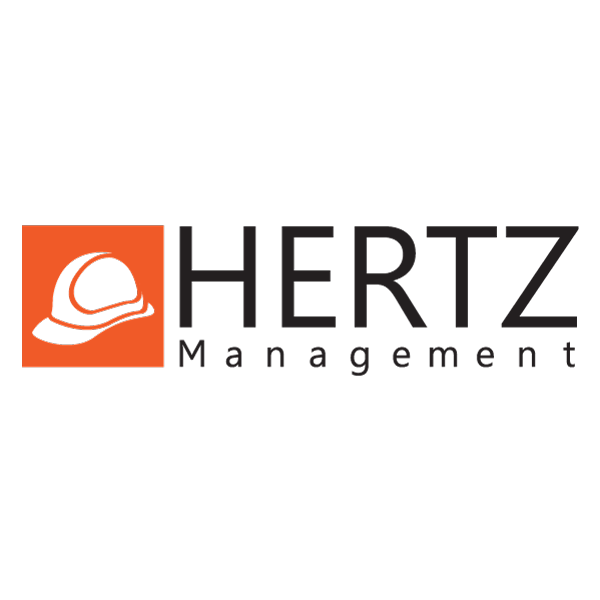


MAIN PROJECT MANAGEMENT FUNCTIONS
PROJECT COST & SCHEDULE ESTIMATIONS
Before a project is initiated, it is highly important to take into account all major costs and fully understand all the main, but also hidden, unexpected and miscellaneous costs a project may incur. Understanding the duration of such stages is equally important for a correct and comprehensive cash flow forecast & time-schedule.
Our team provides fully detailed estimations for the following project stages:
• Design cost & schedule
• Approval and permitting cost & schedule
• Utility connections cost & schedule
• Construction cost & schedule
• Reception cost & schedule
• Functioning/operation cost & schedule
• End Client delivery cost & schedule
PROJECT PLANNING
Project planning tools are put in place to anticipate outcomes of the project and manage available resources, as well as track progress throughout the development of the project. The Project Plan outlines the main elements required for a project’s success and is used to track progress through charts and graphs, plan-do-check-act (PDCA) cycles for testing and adjusting ongoing processes, as well as other actions that allow proper management and improvement.
CONTRACTING & NEGOTIATIONS
Choosing a reliable general contractor takes a deep evaluation and understanding of the detailed tender documentation and meticulous reviews and analysis of tender offers. Our teams assist our Clients throughout the entire tender process, from ensuring the design details are in agreement with Client strategy and current market conditions, analysis and comments on the full documentation, value engineering proposals, detailed offer comparisons and recommendations, cost and payments breakdown. Closing a fruitful general contractor agreement also requires clear, specialized and balanced information from your project management team to be implemented in the contract draft and prevent any disputes along the development of the project.
Our team assists with:
• Review and analysis of tenders, detailed comparison and Client recommendations
• Clarifications of tender pricing documents and cost improvement
• Alternative offers to the design or specification
• Participation in relevant negotiations
• Adjustments to the proposed contract conditions to reflect Client’s requirements and transfer risk for deadline, cost and quality to
the general contractor (warranties and bonds)
• Resolution of provisional sums
PROJECT MANAGEMENT & COST CONTROL
Your satisfaction with the development process and the final product are heavily dependent on certain key building process factors. There are three factors that affect the type of procurement method for your project - quality of work, speed and cost. Our project managers act as the Client’s interface with the general contractor & subcontractors, permanently analyzing and updating the project timetable, managing all building processes and milestones, while using tools to control cost and quality, manage risks and potential disputes.
Our tailor-fit project management tools and techniques include:
• Supervising procedures for coordinated detailed design suitable for obtaining all necessary permits to commence construction
and cost checking design
• Monitoring the permitting process and ensuring schedule is met
• Analyzing potential changes to identify cost and schedule implications thereof
• Participation in relevant negotiations
• Implementing Client standards for time, cost & quality
• Monitoring progress of the works against the contract construction schedule
• Coordinating the general contractor, subcontractor and designer activity to fit planning
• Analyzing and providing solutions for any issues likely to affect the design, schedule, cost of the work
• Managing procedures for works inspection and testing
• Preparing and issuing certificates for interim and final payments to the general contractor in accordance with
contract requirements
• Review and analysis of current or delay/additional payment claims and advising Client
• Advising Client and proactively managing and attending the handover process
VALUE ENGINEERING
Value engineering is a method used to improve the ratio of function versus cost, a structural and analytical process that seeks to achieve best value for money. Value can be manipulated by either improving function or reducing cost, without impacting basic functions. This means analyzing market conditions and the project's lifetime projections and finding the most practical and cost effective solutions for each project
SITE MANAGEMENT & PROCUREMENT
Monitor progress of the works against the contract construction schedule and constantly report on status
Report on: performance of the general contractor, issues likely to affect the design, schedule, cost of the work, any disputes, arbitration
or terminations, actions or incidents likely to affect safety or security
Issue instructions to contractors in accordance with Project Plan and Client standards
Manage procedures for works inspection and testing
Prepare and issue certificates for payment to the general contractor in accordance with contract requirements
Evaluate any claims for delay and additional costs made by the general contractor and advise Client
Coordinate and advise on procurement issues
QUALITY & RISK MANAGEMENT
Risk management prevents and/or corrects any negative deviations from the Client’s project requirements. Its tools include constant assessment, containment and immediate correction of flaws.
Quality management includes setting and managing procedures for implementing market standards and Client requirements to the type of construction, quality of materials and standard of workmanship. In addition, our site inspectors closely follow guidelines to supervise and control labor and materials according to applicable legislation.
DISPUTE RESOLUTION
Disputes can cost both the contractor and the client and can disrupt the entire project.
Construction disputes arise due to:
• Lack of understanding of the conditions of the contract;
• Delays on a contract;
• Failure to administer the contract; and
• Unsubstantiated or incomplete claims being made by the parties involved.
In order to reduce the possibility of disputes arising, proactive steps can be taken before the project begins:
• Significant upfront planning & carefully understanding the contract
• Negotiate clauses that are potentially problematic
• Diligence for estimates, schedules, contacting subcontractors, making important orders, etc.
• Make sure schedules are realistic and executable and plan for delays and disruptions
• Document any issues and challenges that arise during the execution
• Identify risks in advance and consult specialists
• If disputes could not be avoided by prevention steps, our teams assist Clients in finding the best resolutions.

PROJECT MANAGEMENT